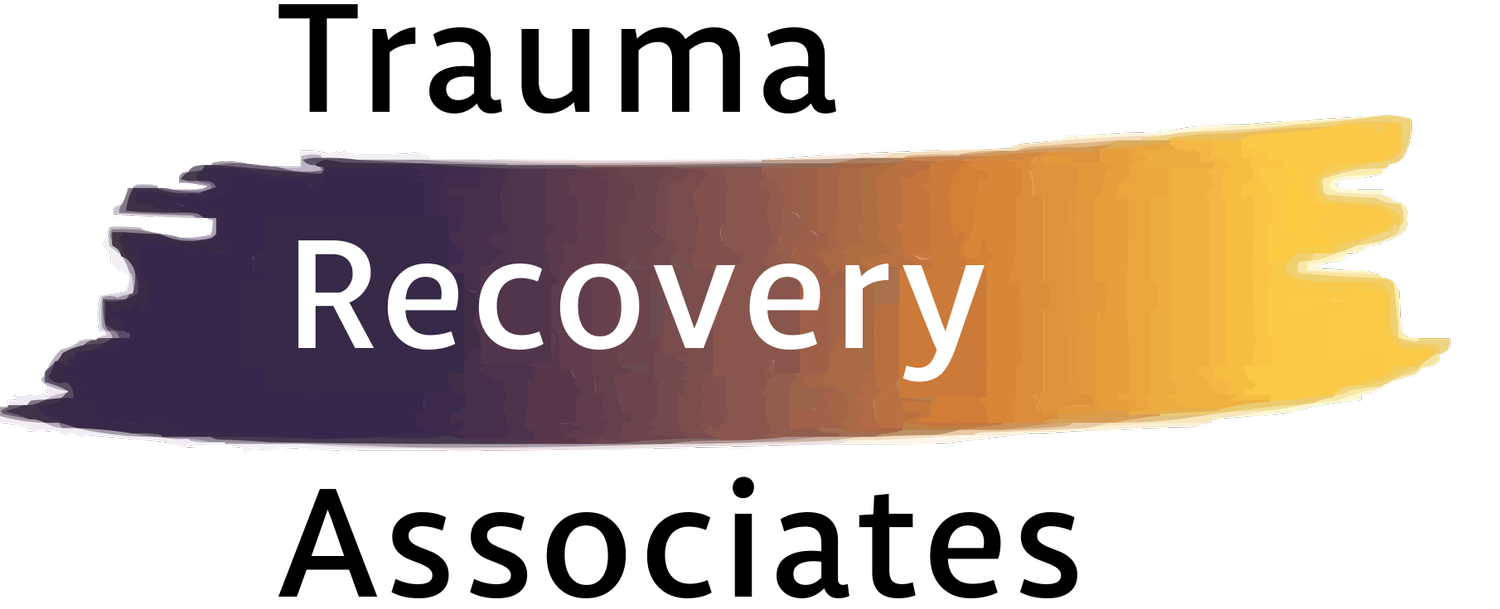Healing ACT
The Healing ACT program is designed for adults who have experienced childhood abuse and neglect, offering a 10-session group program led by licensed clinicians to help participants understand their responses and gain new skills for healthier living.

Healing ACT Offerings
Our Healing ACT recovery program for adult survivors is designed to provide a comprehensive and supportive environment for individuals seeking to understand and heal from the effects of abuse and neglect.
Through a combination of therapeutic interventions, educational resources, and personalized support, our program aims to empower survivors to navigate the complexities of their trauma and reclaim agency over their lives.
By addressing the root causes of their trauma and providing practical tools for coping and growth, we strive to guide survivors towards a path of healing and resilience.
-
Gain insight into the lasting impact of childhood abuse and neglect, exploring how these experiences shape present-day behaviors and emotions.
-
Learn practical strategies to create stability in daily life, fostering a sense of security and control.
-
Acquire techniques to recognize and challenge distorted thought patterns, promoting healthier perspectives and decision-making.
-
Develop the ability to navigate and process complex emotions in a safe and supportive environment, leading to greater emotional resilience and well-being.
-
Cultivate skills for building and maintaining healthier relationships, fostering trust, communication, and mutual respect.
-
Experience a sense of fulfillment and contentment by implementing positive changes and making progress towards personal goals, ultimately leading to a more satisfying and fulfilling life.
Concepts used in the TRA Model
Grounding
Techniques to anchor oneself in the present moment, helping to alleviate anxiety and dissociation by focusing on sensory experiences or the environment.
Calming the Body’s Stress Response
Learning relaxation techniques and mindfulness practices to regulate physiological arousal and reduce the impact of stress on the body.
Victim / Perpetrator / Rescuerer Triangle
Exploring roles individuals may adopt in dysfunctional relationships, promoting insight into patterns of behavior and empowering change.
Attachment Ambivalence
Exploring conflicting feelings and behaviors towards attachment figures, fostering understanding and resolution of relationship challenges.
Gradual Exposure to Triggers
Systematic desensitization to distressing stimuli or situations, allowing individuals to confront and overcome fears in a controlled manner.
Forgiveness
The process of letting go of resentment and anger towards oneself or others, promoting healing and emotional well-being.
Cognitive Distortions
Identifying and challenging irrational or negative thought patterns that contribute to emotional distress and maladaptive behaviors.
Locus of Control Shift
Understanding the degree to which one perceives control over life events and experiences, empowering individuals to take ownership of their actions and decisions.
Grief
Acknowledging and processing feelings of loss and sadness associated with past traumas or unmet needs, facilitating acceptance and emotional integration.
What Participants Can Expect
Small groups
Community-based locations
Individual pre- and post- assessments
Ten sessions, 2.5 hours each
Includes a snack and break
Invitation to participate in a research study
No cost to participants

